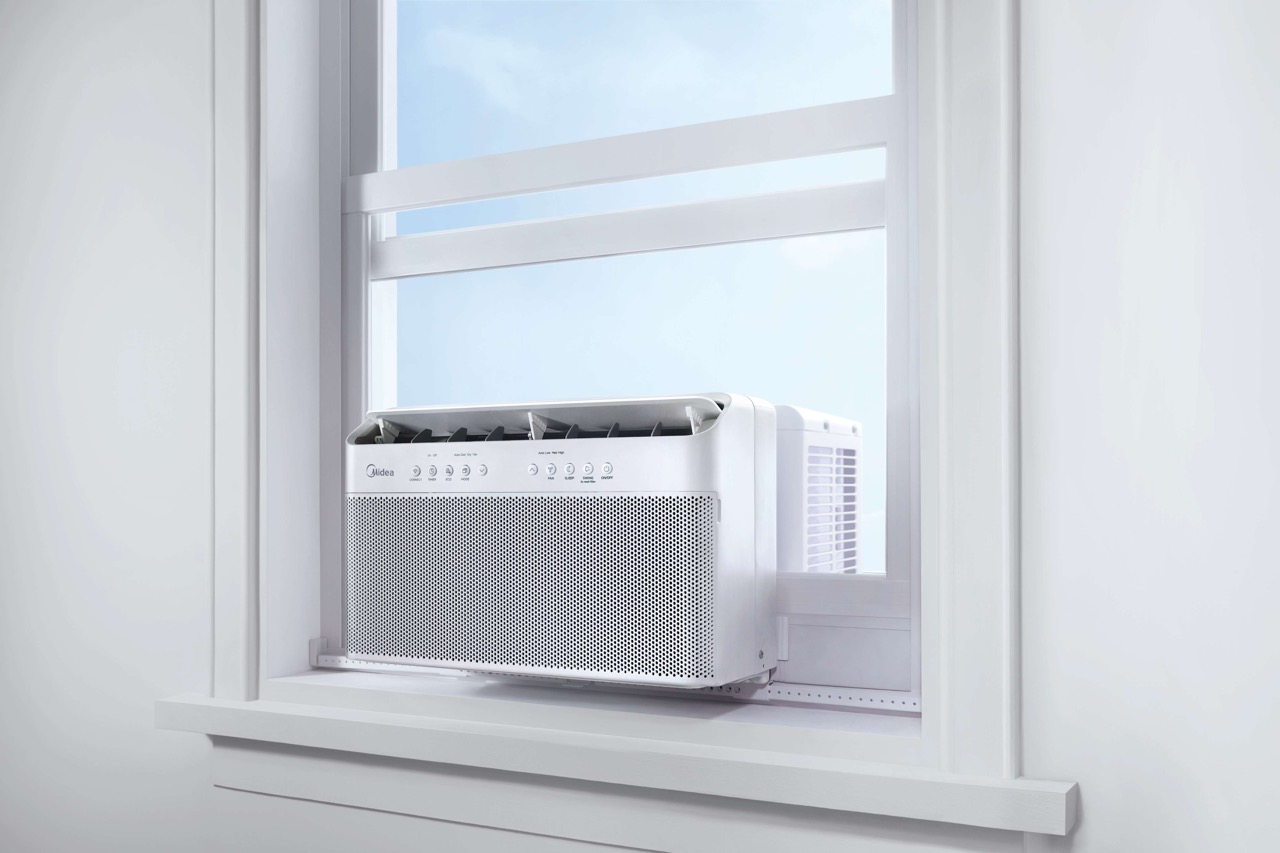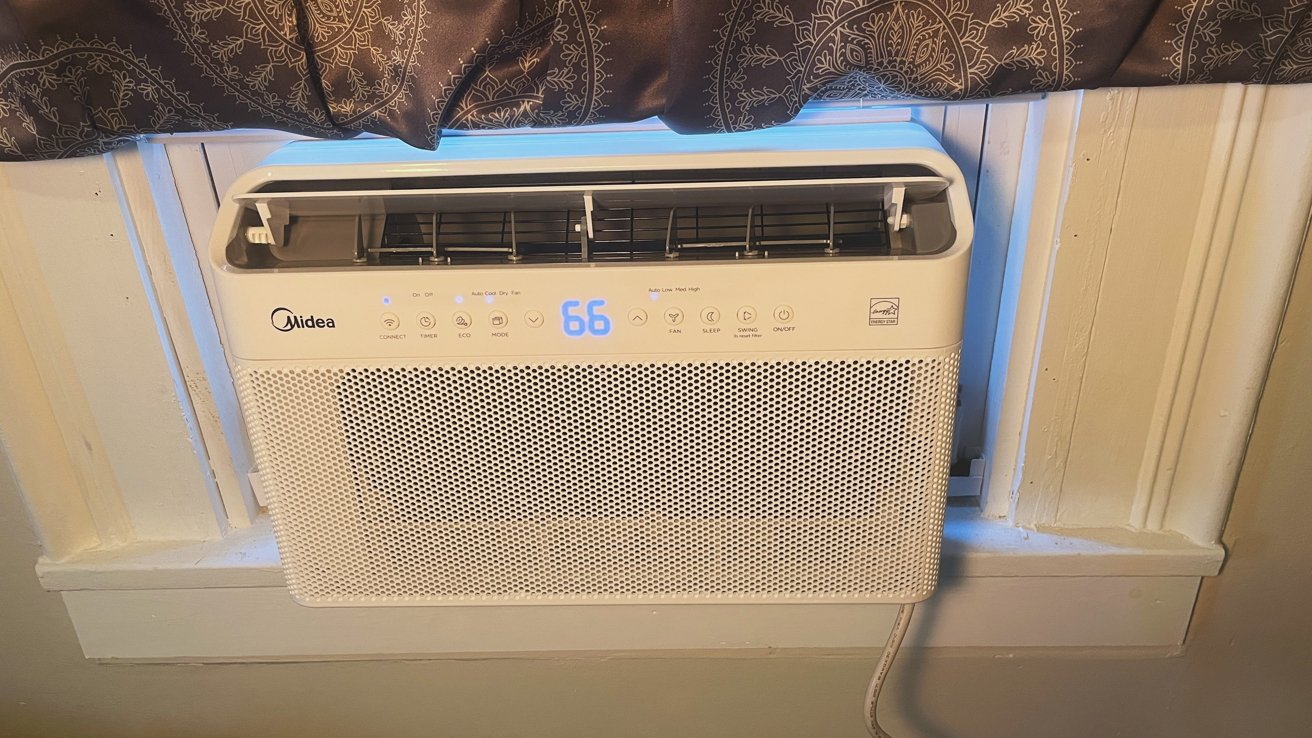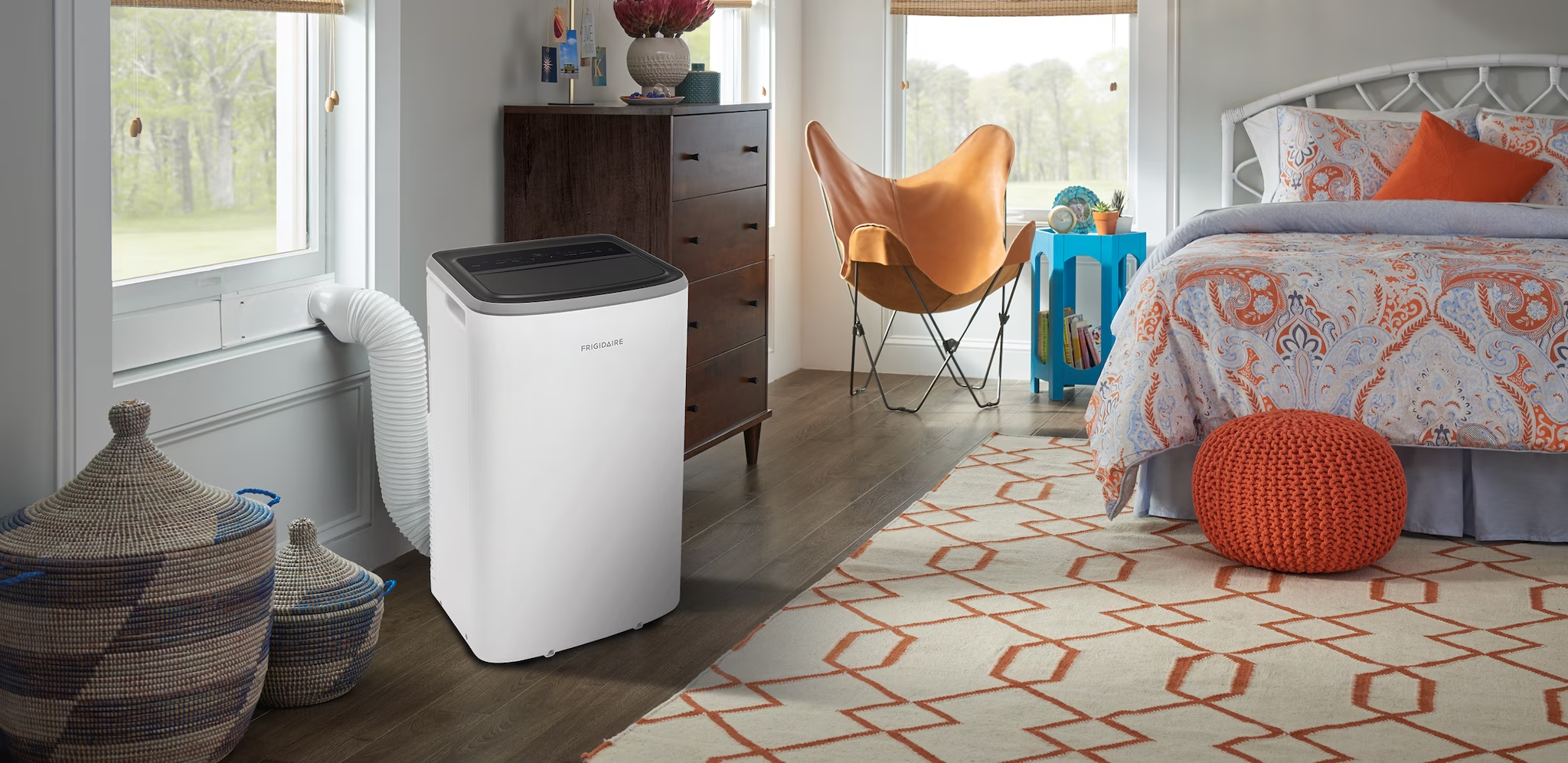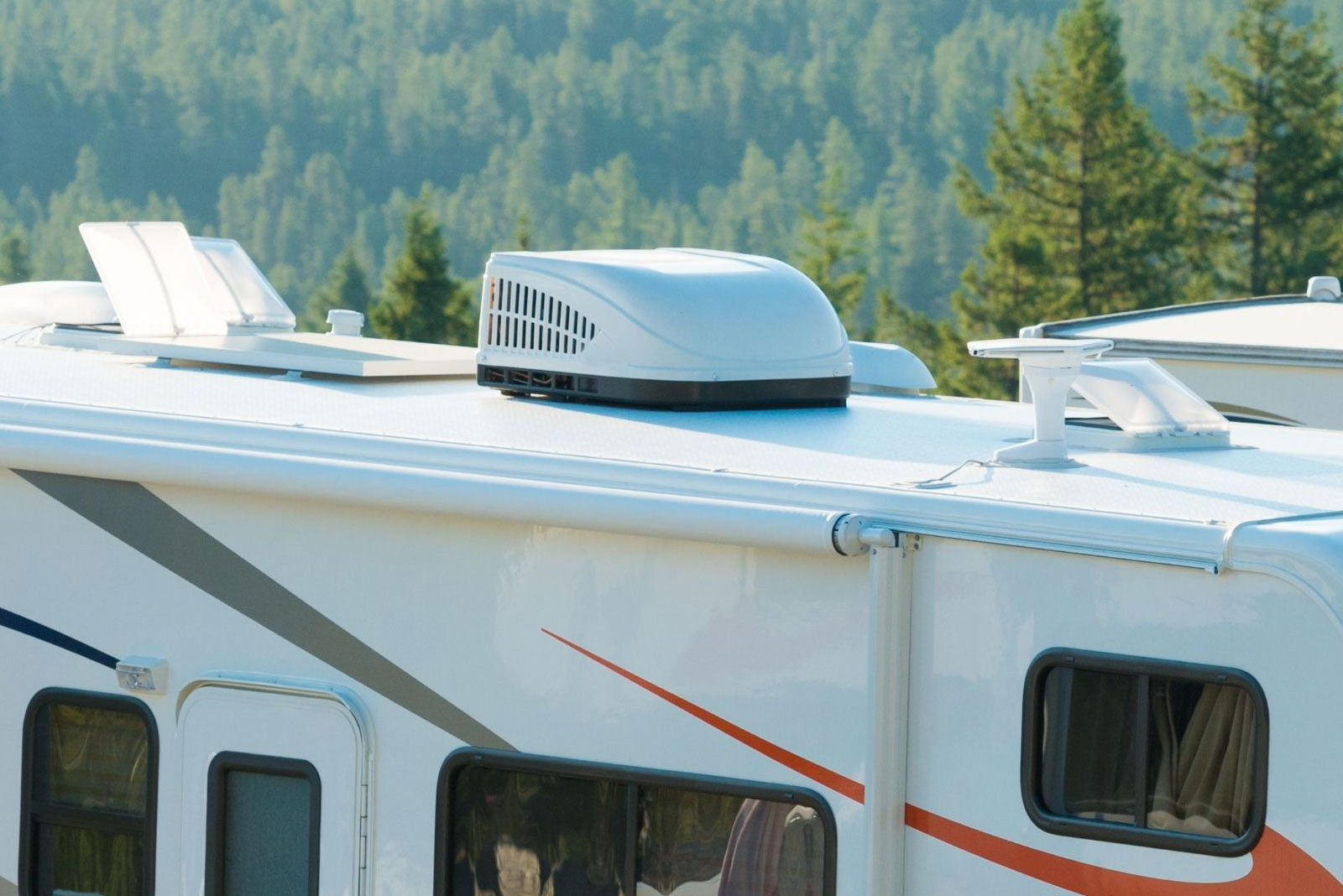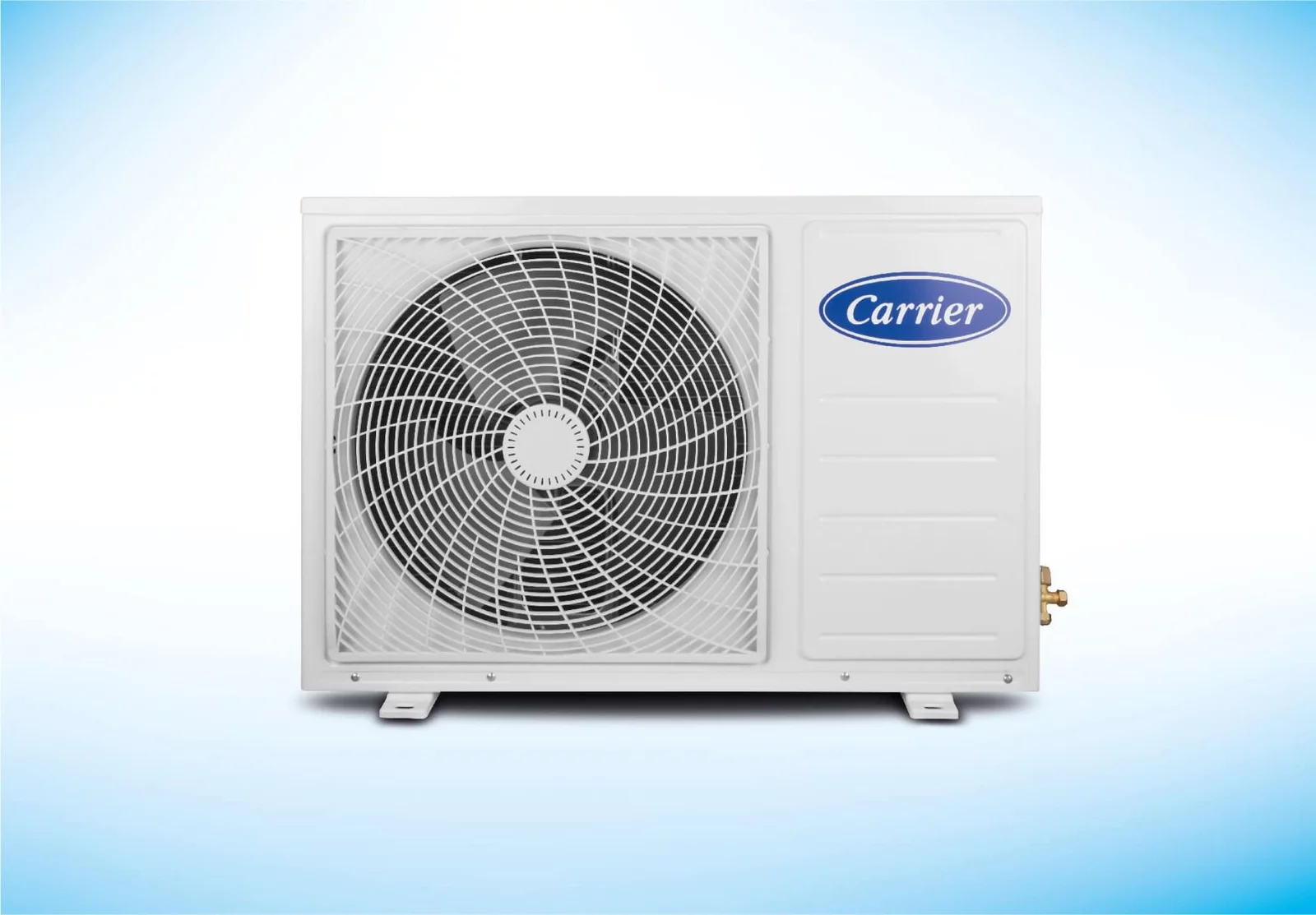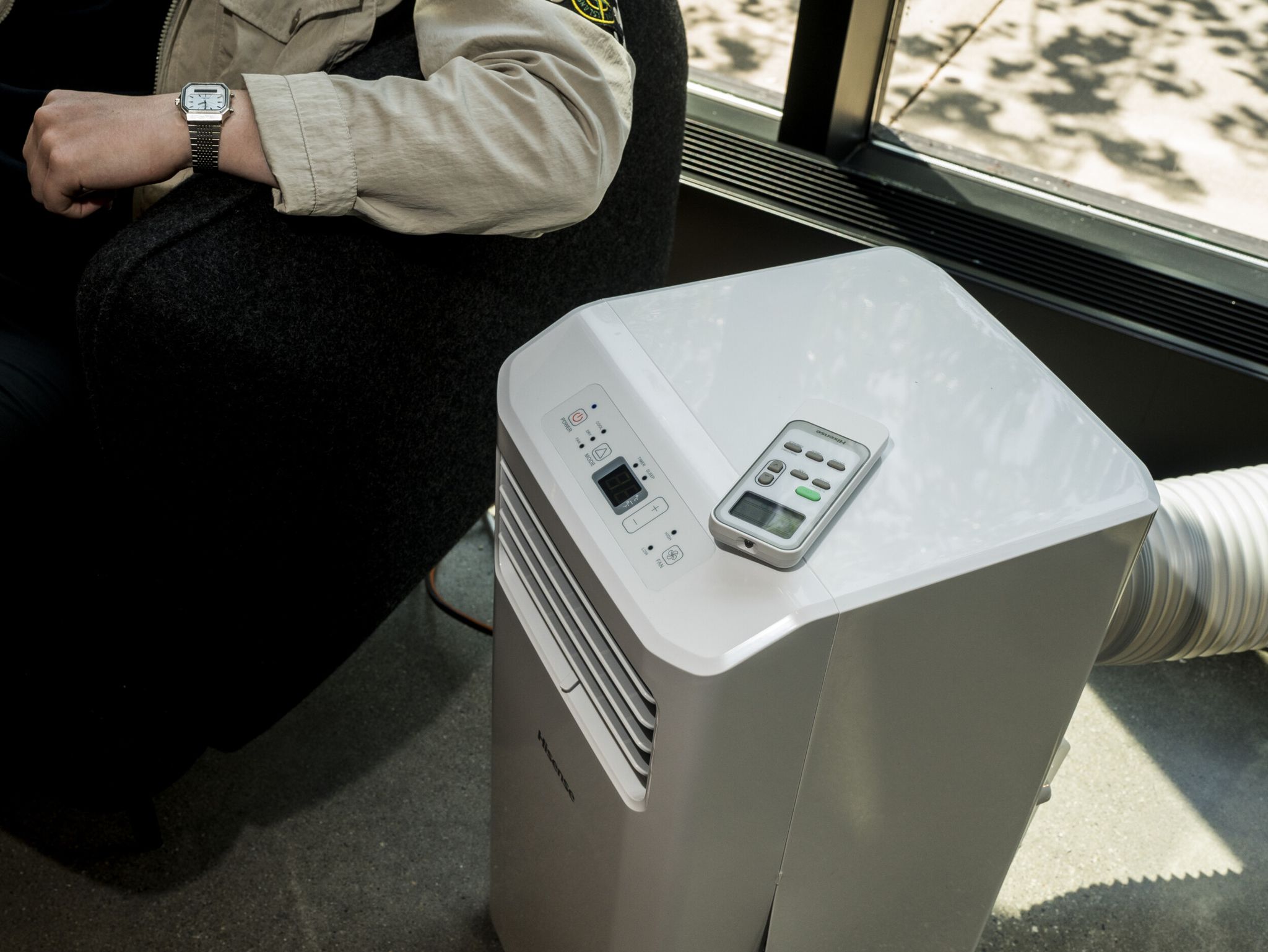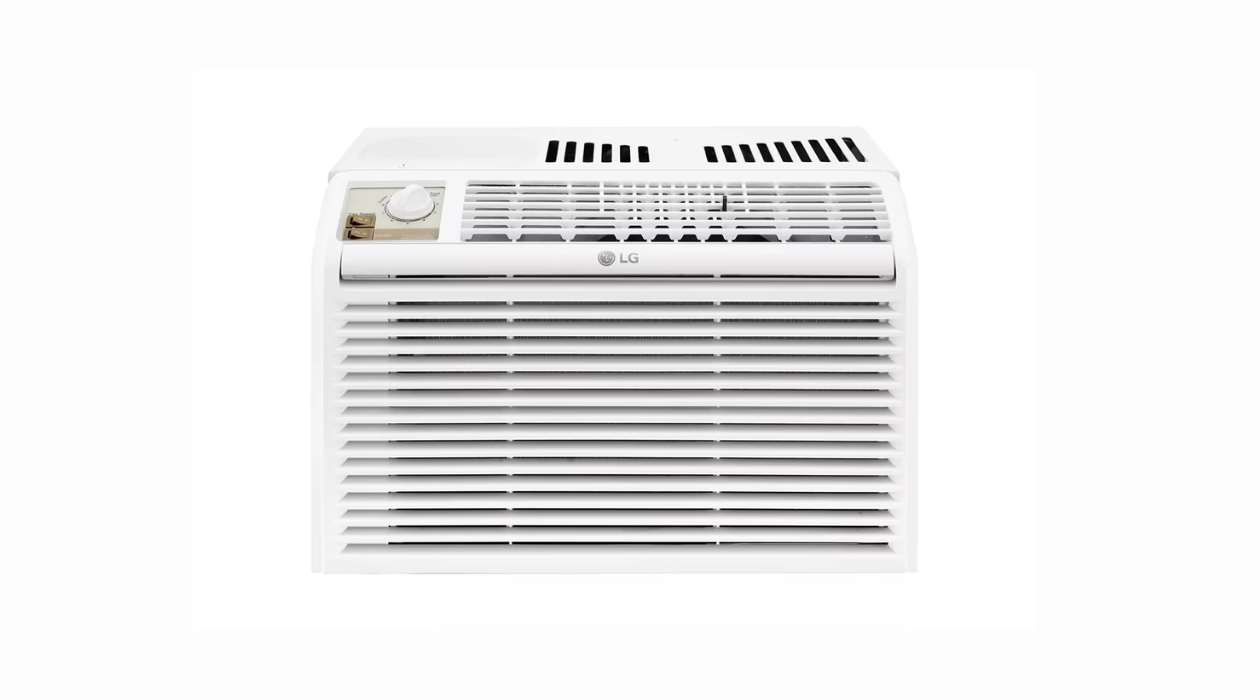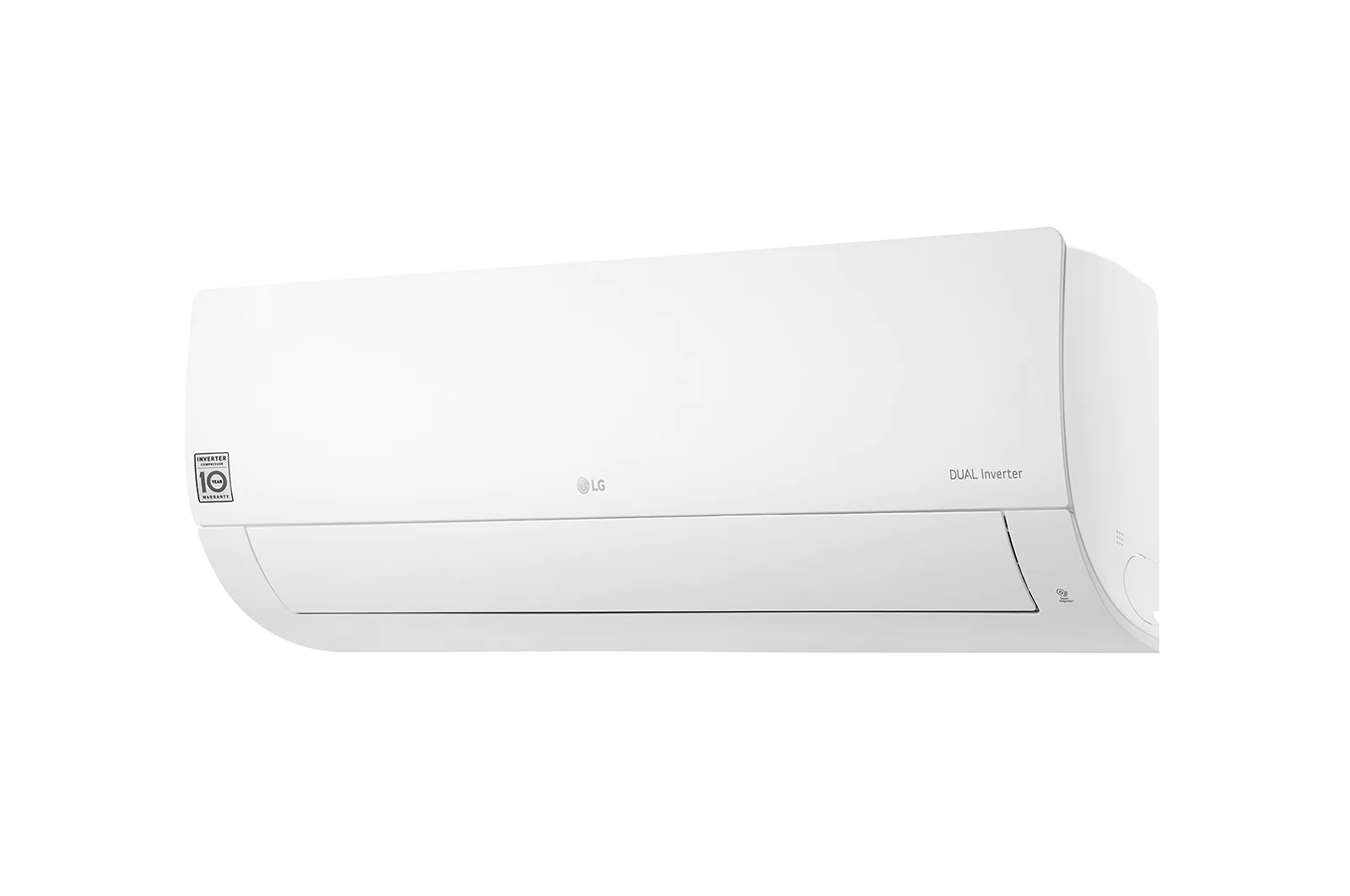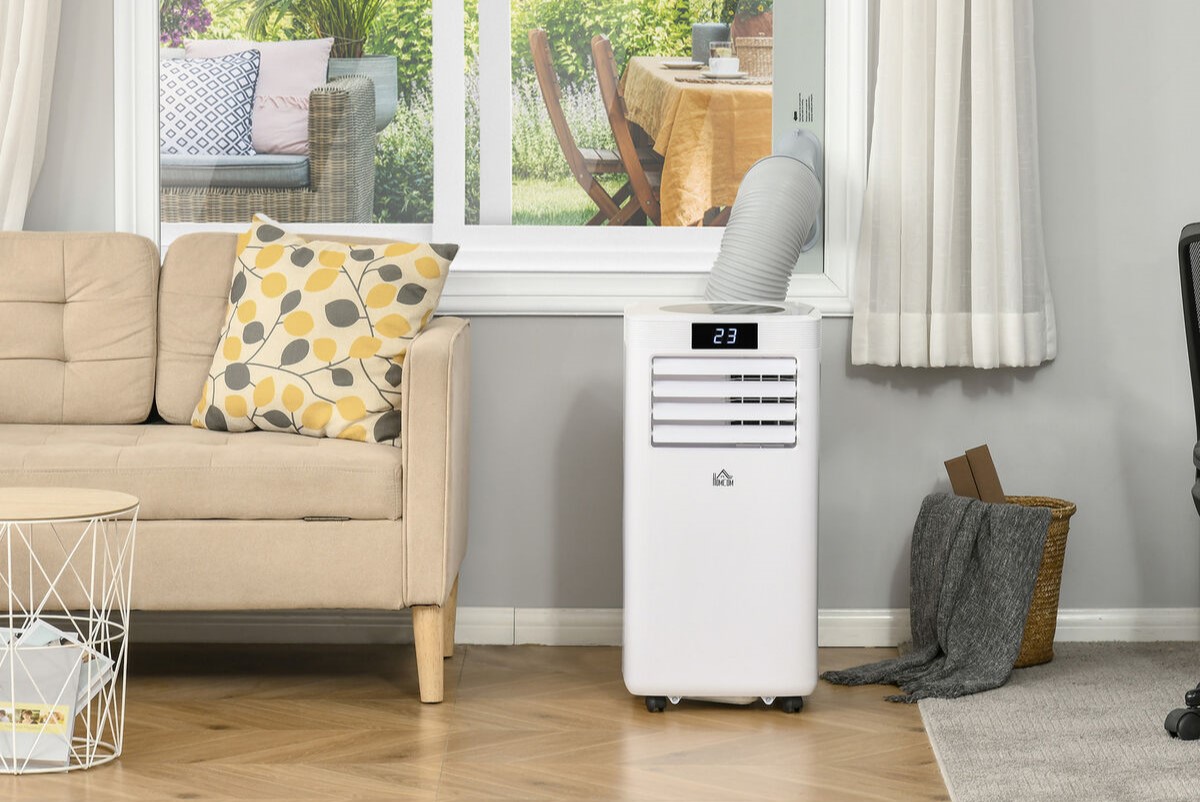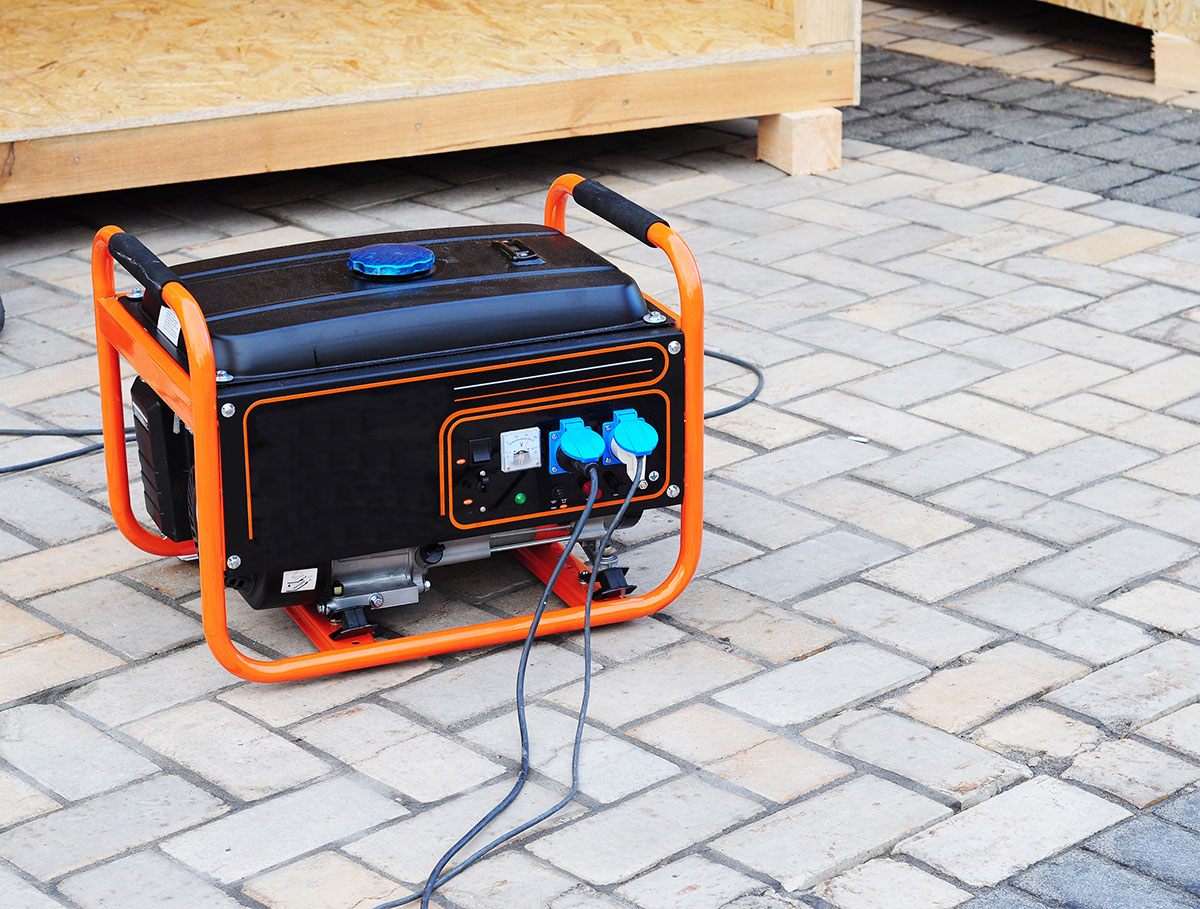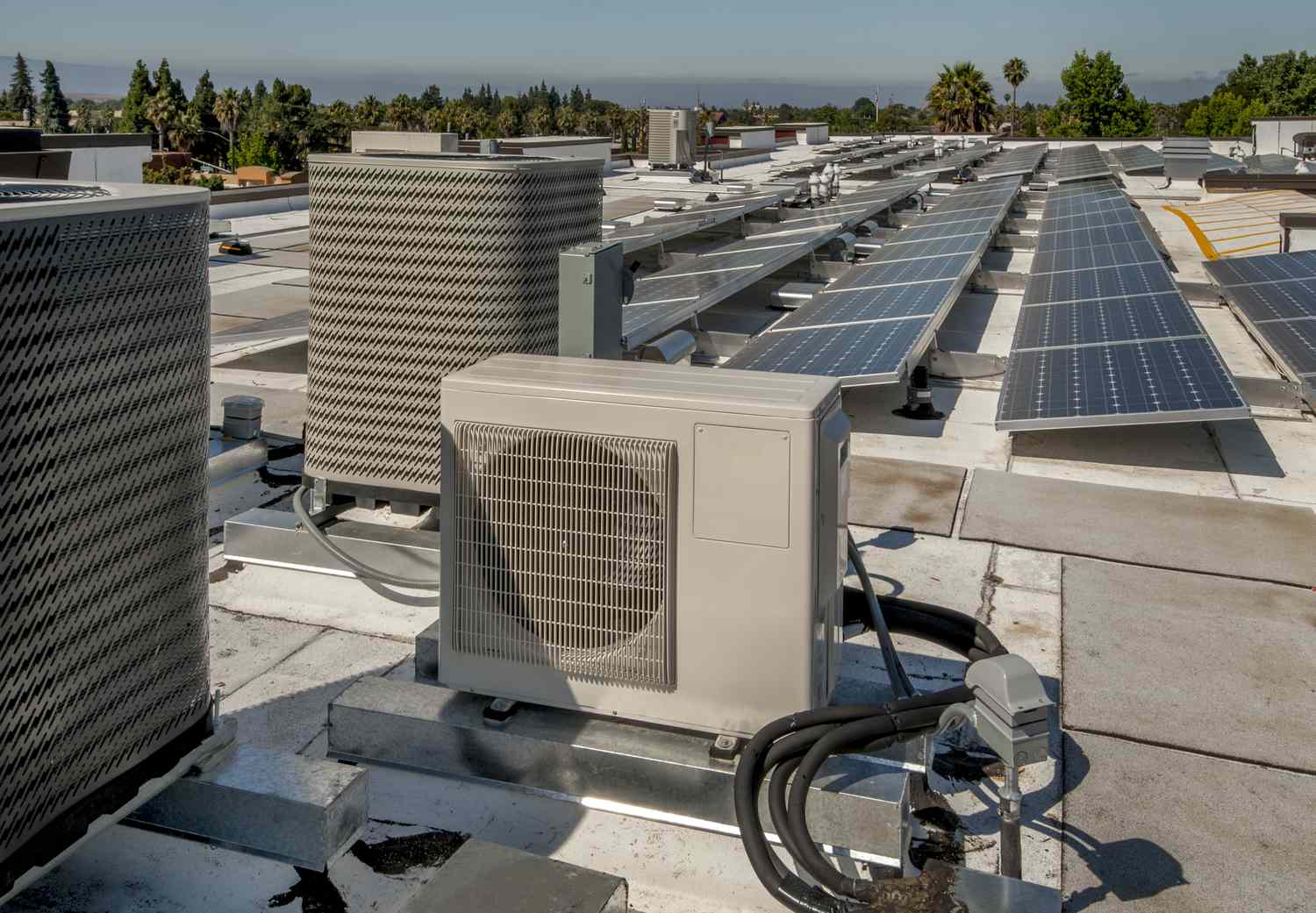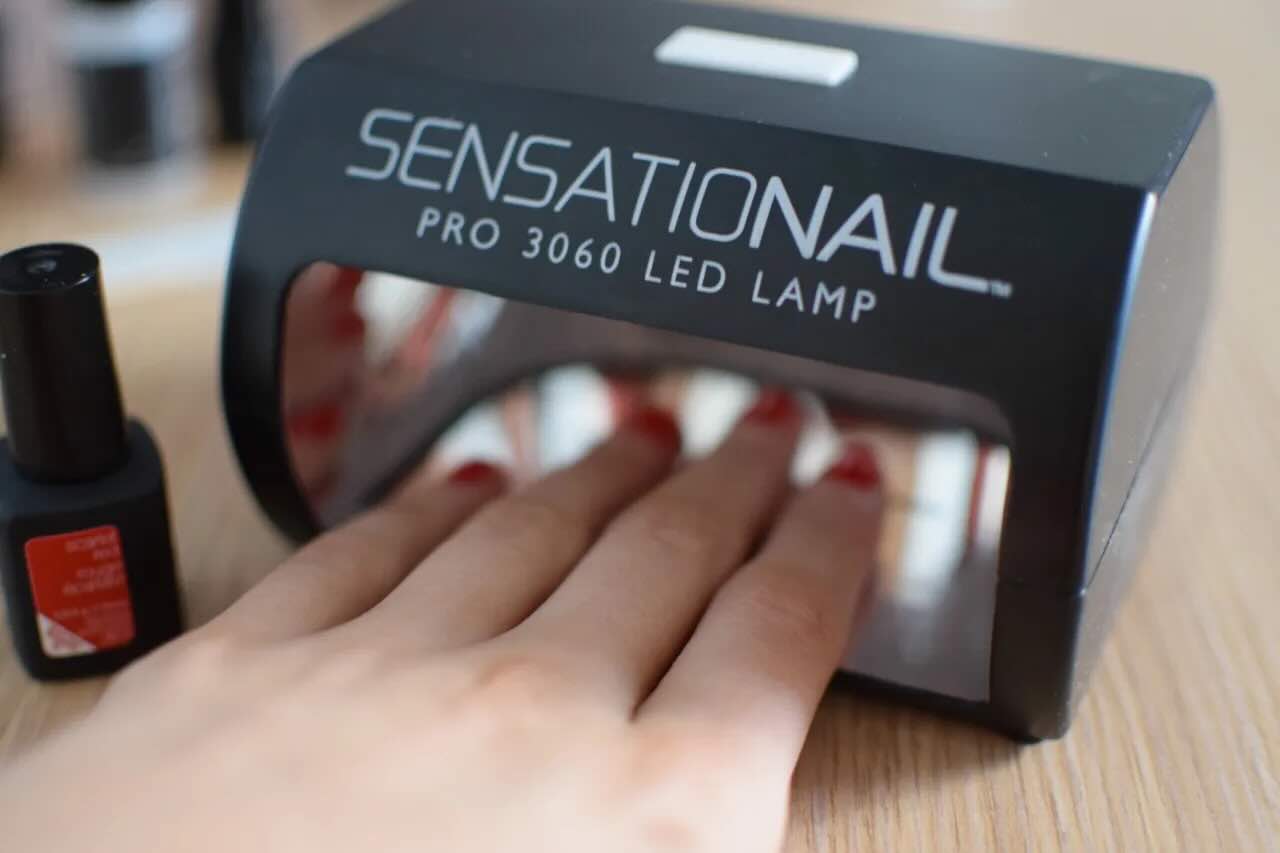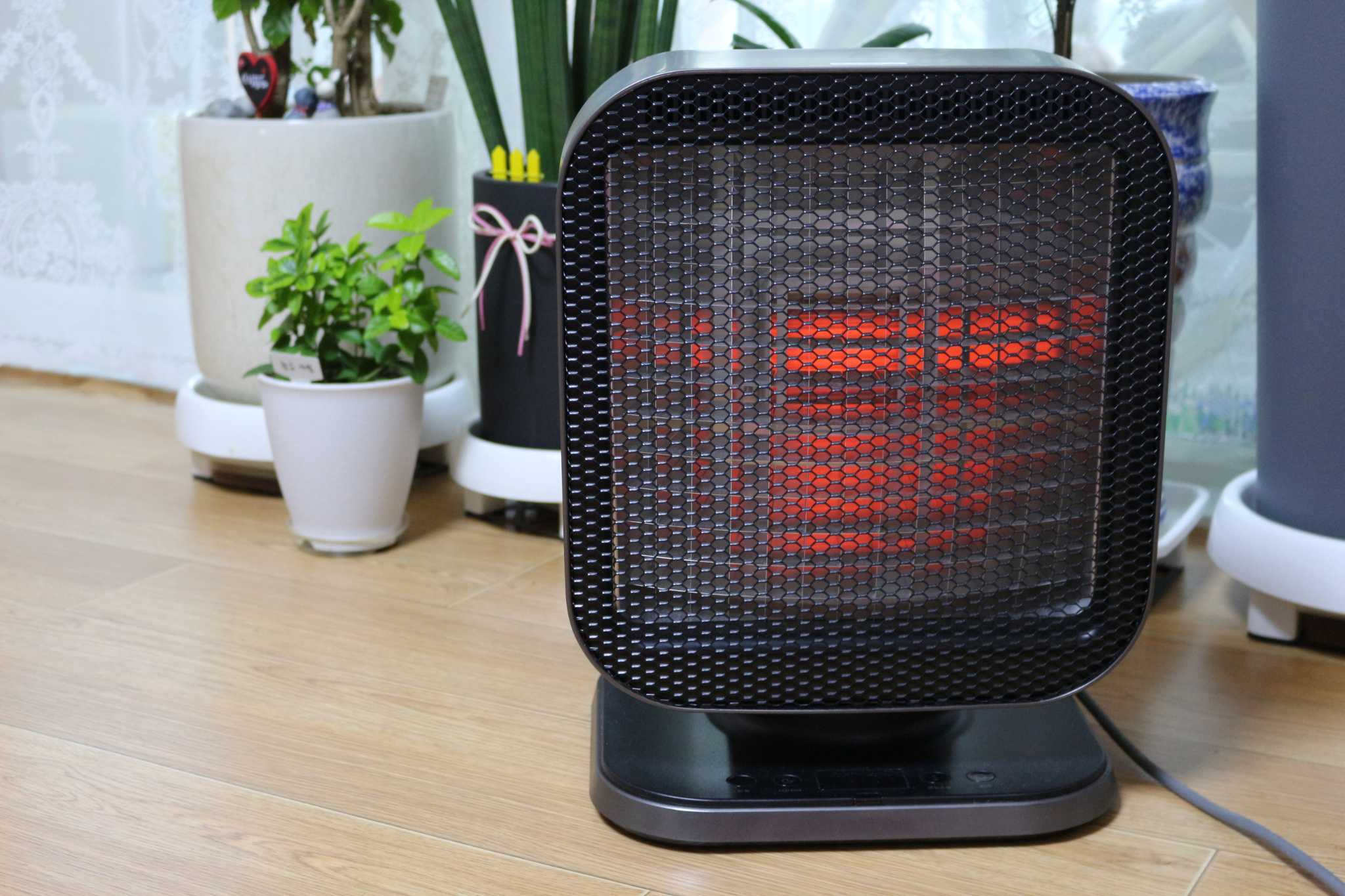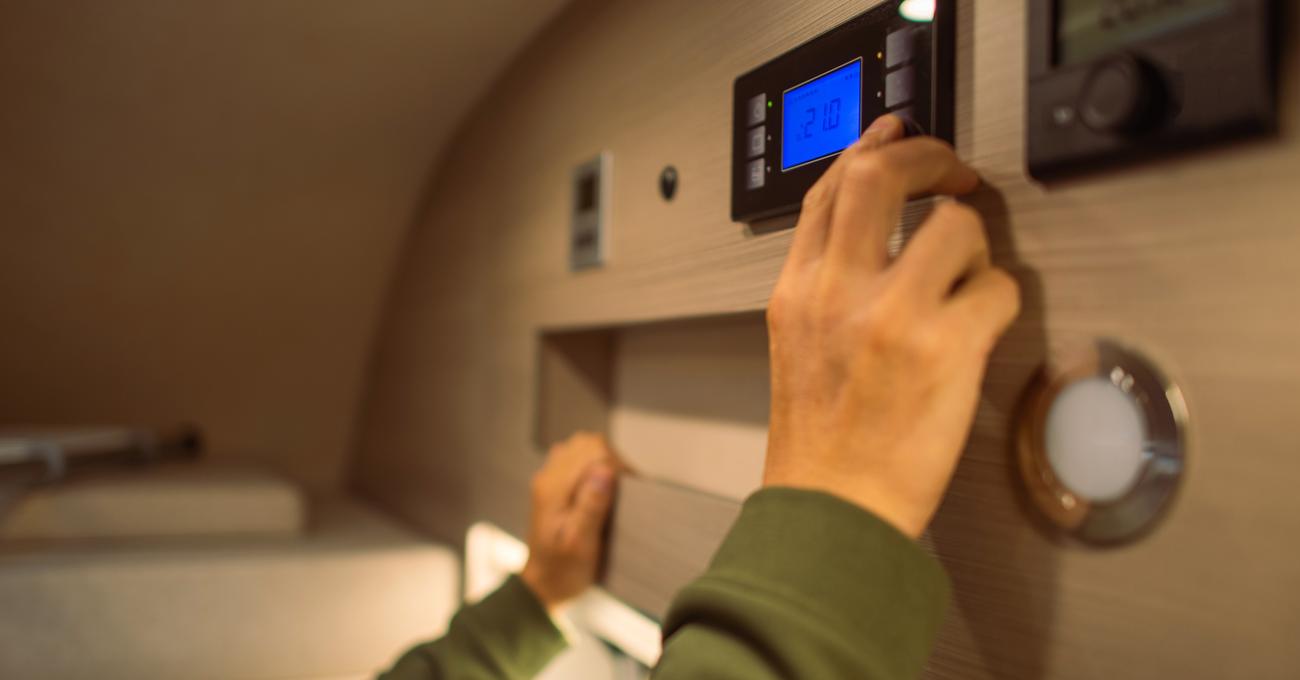Home>Home Maintenance>How Many Watts Does A Generator Need To Run A 13,500 Btu Air Conditioner
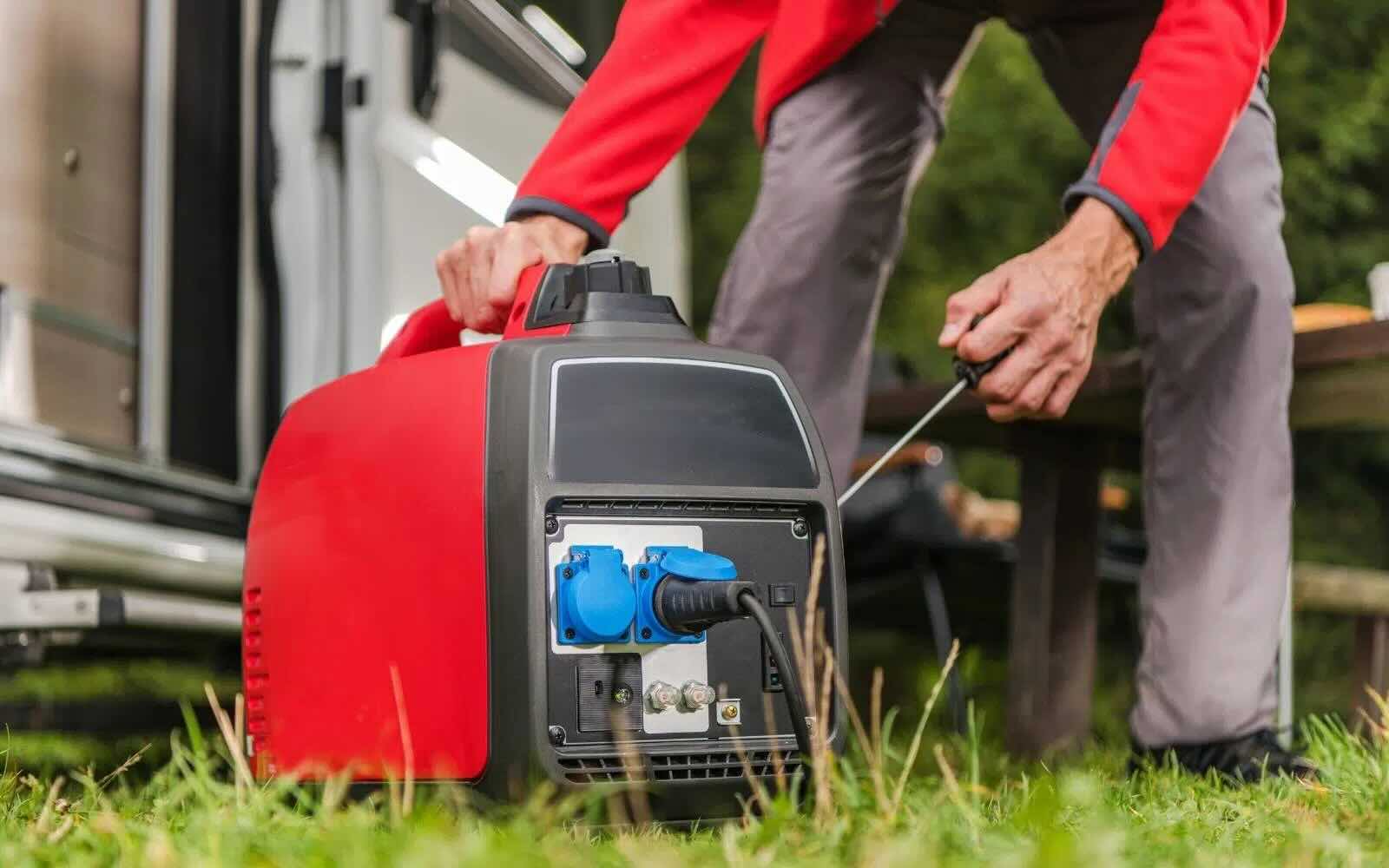

Home Maintenance
How Many Watts Does A Generator Need To Run A 13,500 Btu Air Conditioner
Modified: March 7, 2024
Find out the required wattage for running a 13,500 BTU air conditioner with a generator in your home maintenance.
(Many of the links in this article redirect to a specific reviewed product. Your purchase of these products through affiliate links helps to generate commission for Storables.com, at no extra cost. Learn more)
Introduction
Welcome to our guide on understanding the power requirements for running a 13,500 BTU air conditioner with a generator. Whether you’re planning a camping trip, experiencing a power outage, or simply want to cool your space off the grid, a generator can be a lifesaver. But it’s important to understand how many watts your generator needs to produce to efficiently power your air conditioner.
Before we dive into the specifics, let’s briefly explain the concept of BTU and wattage. British Thermal Units (BTUs) are used to measure the cooling capacity of an air conditioner, while watts are a unit of electrical power. In simple terms, BTUs represent the amount of heat an air conditioner can remove from a given space, whereas watts indicate the amount of electrical power required to run a device.
Now, let’s move forward and determine the power requirement for a 13,500 BTU air conditioner.
Key Takeaways:
- Running a 13,500 BTU air conditioner with a generator requires around 1,500 to 1,800 watts. It’s important to choose a generator with sufficient wattage capacity to handle the startup surge and continuous operation of the air conditioner.
- When selecting a generator, consider factors such as starting and running wattage, other appliances, altitude, and temperature. Choosing a generator with slightly higher wattage capacity than calculated will ensure a seamless power supply for your air conditioner.
Understanding BTU and Wattage
Before we can determine the power requirement for a 13,500 BTU air conditioner, it’s crucial to have a clear understanding of both BTU and wattage. Let’s take a closer look at these concepts:
- British Thermal Units (BTU): BTUs measure the cooling capacity of an air conditioner. One BTU represents the amount of heat required to raise the temperature of one pound of water by one degree Fahrenheit. In the context of air conditioners, BTUs are used to measure the amount of heat an AC unit can remove from a given space in one hour.
- Wattage: Watts, on the other hand, are a unit of electrical power. They measure the rate at which energy is consumed by an electrical device. In the case of air conditioners, wattage indicates the amount of electrical power required to run the unit.
So, when it comes to running an air conditioner, we need to match the cooling capacity (measured in BTUs) with the electrical power supply (measured in watts). This match ensures that the air conditioner functions properly and efficiently, providing you with the desired cooling effect.
Now that we have a basic understanding of BTUs and wattage, let’s move on to determining the power requirement for a 13,500 BTU air conditioner.
Determining the Power Requirement for a 13,500 BTU Air Conditioner
When it comes to determining the power requirement for a 13,500 BTU air conditioner, it’s necessary to consider the wattage needed to run the unit effectively. The wattage requirement depends on several factors, including the efficiency of the air conditioner and any additional features it may have. Let’s break down these factors:
- Air Conditioner Efficiency: The efficiency of an air conditioner determines how much power it needs to operate. Higher efficiency units may require fewer watts to deliver the same cooling capacity as less efficient models. When selecting a 13,500 BTU air conditioner, it’s advisable to choose one with a high energy efficiency ratio (EER) rating to minimize your power consumption.
- Additional Features: Some air conditioners come with additional features such as built-in heaters, dehumidifiers, or air purifiers. These features may increase the wattage requirement of the unit. It’s important to account for these additional features when calculating the power requirement for your air conditioner.
Generally, a 13,500 BTU air conditioner requires around 1,500 to 1,800 watts to run smoothly. However, it’s crucial to consult the manufacturer’s specifications for the exact wattage requirement of your specific model. The manufacturer will provide accurate information regarding the power consumption of the unit, including the startup wattage and running wattage.
Keep in mind that the startup wattage is typically higher than the running wattage. This startup surge is necessary to power the compressor and initiate the cooling process. Once the unit is running, the wattage requirement may decrease to a more stable level.
To ensure you have sufficient power supply, it’s advisable to select a generator that can handle the startup wattage of your air conditioner. Investing in a generator with a higher wattage output will provide a buffer and help prevent any power concerns or damage to the unit.
Now that we have an understanding of the power requirement for a 13,500 BTU air conditioner, let’s explore the factors that affect the generator wattage requirement.
A 13,500 BTU air conditioner typically requires a generator with a starting wattage of around 3,000-3,500 watts and a running wattage of 1,500-2,000 watts to operate efficiently.
Factors Affecting Generator Wattage Requirement
When choosing a generator to power your 13,500 BTU air conditioner, it’s important to consider several factors that can affect the wattage requirement. These factors will help you determine the appropriate generator size and ensure a seamless power supply. Here are the key factors to consider:
- Starting Wattage: As mentioned earlier, air conditioners have a higher starting wattage or surge wattage to power the compressor and initiate the cooling process. It’s crucial to select a generator that can handle this initial surge of power without overloading or tripping its circuitry.
- Running Wattage: The running wattage refers to the continuous power requirement of the air conditioner once it has started. While the surge wattage is typically higher, the running wattage determines the minimum generator size needed to continuously power the air conditioner without any interruptions or strain on the generator.
- Other Appliances: Consider any other appliances or equipment you plan to run simultaneously with the air conditioner. This could include lights, fans, or other electronic devices. Calculate the combined power requirements of all these appliances to ensure that the generator can handle the total load without any issues.
- Altitude and Temperature: Environmental factors such as altitude and temperature can impact the performance of the generator. Higher altitudes or extreme temperatures may require a generator with a higher wattage rating to compensate for the reduced power output at these conditions.
Considering these factors will help you determine the appropriate wattage rating for your generator. It’s always recommended to choose a generator with a slightly higher wattage capacity than the calculated requirement to account for any unexpected power variations or future power needs.
Now that you have a good understanding of the factors that affect the generator wattage requirement, let’s move on to choosing the right generator for your 13,500 BTU air conditioner.
Choosing the Right Generator for a 13,500 BTU Air Conditioner
Choosing the right generator for your 13,500 BTU air conditioner requires careful consideration of various factors to ensure a reliable power supply. Here are some guidelines to help you make the right choice:
- Wattage Capacity: As mentioned earlier, a 13,500 BTU air conditioner typically requires around 1,500 to 1,800 watts to run smoothly. However, it’s important to consult the manufacturer’s specifications for the exact wattage requirement of your air conditioner model. Choose a generator with a wattage capacity that exceeds the startup and running wattage of your air conditioner to prevent overloading and potential damage to both the generator and the air conditioner.
- Type of Generator: There are primarily two types of generators: portable generators and standby generators. Portable generators are more common and suitable for temporary power needs. Standby generators, on the other hand, are permanently installed and provide a dedicated power supply during outages. For powering a 13,500 BTU air conditioner, a portable generator with sufficient wattage capacity is typically more than sufficient.
- Generator Fuel Type: Generators can run on various fuel types, including gasoline, diesel, propane, or natural gas. Consider factors such as fuel availability, ease of refueling, and environmental impact when selecting the fuel type. Gasoline-powered generators are commonly used due to their availability, but propane and natural gas options can offer longer run times and lower emissions.
- Portability and Noise Level: If portability is a priority, choose a generator that is lightweight and equipped with wheels and handles for easy transportation. Additionally, consider the noise level of the generator, especially if you plan to use it in residential areas or camping sites with noise restrictions. Look for generators with low decibel ratings for quieter operation.
- Additional Features: Some generators come with additional features such as electric start, fuel gauge, multiple outlets, and even digital displays for easier monitoring and control. Evaluate these features and determine if they align with your specific needs and convenience.
By considering these factors, you can select a generator that meets the power requirements of your 13,500 BTU air conditioner while also catering to your specific preferences and circumstances.
Now that you have a better understanding of choosing the right generator, let’s conclude our guide.
Conclusion
In conclusion, understanding the power requirements for running a 13,500 BTU air conditioner with a generator is crucial to ensure a reliable and efficient cooling experience. By considering factors such as air conditioner efficiency, additional features, and the wattage needed for both startup and continuous operation, you can determine the appropriate wattage requirement for your air conditioner.
When selecting a generator, factors such as starting and running wattage, other appliances, altitude and temperature, as well as the type of generator and fuel preference, should be taken into account. Choosing a generator with a wattage capacity that exceeds the requirements of your air conditioner, along with considering portability, noise level, and any additional features, will help ensure a seamless power supply.
It’s recommended to consult the manufacturer’s specifications for your specific air conditioner model to obtain accurate wattage information. Additionally, investing in a generator with slightly higher wattage capacity than calculated will provide a buffer for unexpected power variations and future power needs.
Remember, a 13,500 BTU air conditioner typically requires around 1,500 to 1,800 watts, but it’s always best to refer to the manufacturer’s guidelines for precise wattage requirements. By following these guidelines and carefully considering the factors discussed, you can confidently select the right generator to power your 13,500 BTU air conditioner, whether you’re camping, dealing with a power outage, or seeking an off-the-grid cooling solution.
We hope this guide has provided you with valuable insights and guidance in understanding the power requirements for running a 13,500 BTU air conditioner with a generator. Stay cool and prepared for any situation!
Frequently Asked Questions about How Many Watts Does A Generator Need To Run A 13,500 Btu Air Conditioner
Was this page helpful?
At Storables.com, we guarantee accurate and reliable information. Our content, validated by Expert Board Contributors, is crafted following stringent Editorial Policies. We're committed to providing you with well-researched, expert-backed insights for all your informational needs.
